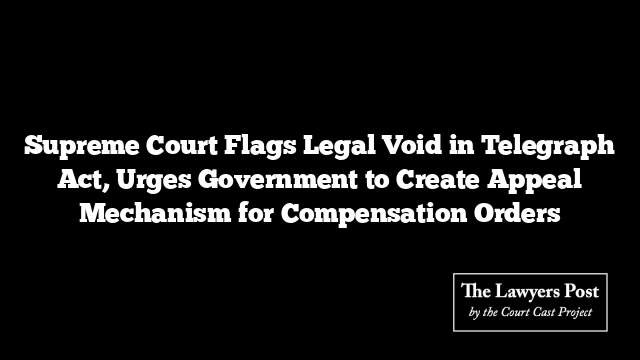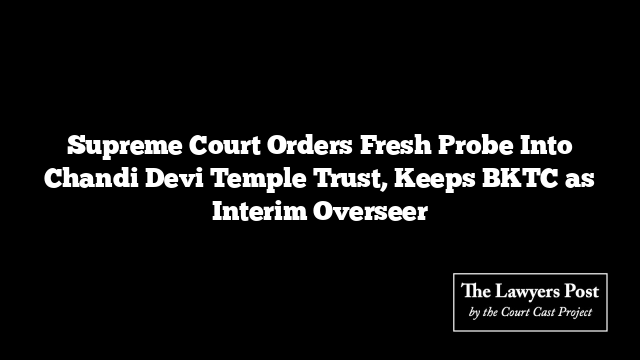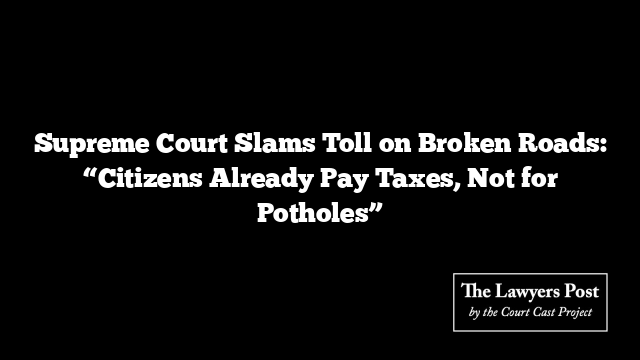The Supreme Court has spotlighted a critical gap in the Indian Telegraph Act, 1885—its silence on an appellate remedy when landowners dispute compensation awarded by District Judges for transmission lines and towers.
At present, District Judges’ decisions are labeled “final,” leaving parties with no statutory appeal and forcing them to approach High Courts under writ jurisdiction, where re-evaluating evidence isn’t an option. The bench, led by Justices M.M. Sundresh and Rajesh Bindal, said this legislative shortcoming must be addressed. The Court asked the Union Government and the Law Commission to consider framing a statutory appeal process under Sections 16(3) and 16(4) of the Telegraph Act, and similar provisions in the Petroleum Act and related laws.
In the case before the Court, compensation disputes arose from a 400 kV transmission line corridor cutting across Haryana’s Sonepat and Jhajjar districts. The Punjab & Haryana High Court had earlier upheld uniform compensation rates, pegged to the collector’s valuation of a single village, and applied it across a 100 km stretch.
The Supreme Court found this approach flawed, noting that land value varies drastically depending on proximity to highways, residential clusters, or whether it is rural farmland with limited connectivity. “Applying a uniform rate for the entire transmission corridor would not be a proper methodology for assessing fair compensation,” Justice Bindal wrote in the ruling.
Consequently, the High Court’s order was set aside, and the case sent back for fresh consideration.
Beyond compensation, the Court flagged another inconsistency—the way such cases are categorized across districts. In Sonepat, they are filed as “civil suits,” while in Jhajjar they are treated as “civil miscellaneous applications.” The Court stressed the need for uniform nomenclature in proceedings under the Telegraph Act and the Petroleum and Minerals Pipelines Act, 1962, and directed that this be examined at the High Court level.
The registry has been instructed to forward the judgment to the Legislative Department of the Law Ministry to consider the statutory appeal proposal.
Interestingly, the same bench, just days earlier, had urged reforms in port tariff disputes, recommending an expert appellate body to replace the current system where challenges lie directly with the Supreme Court.





